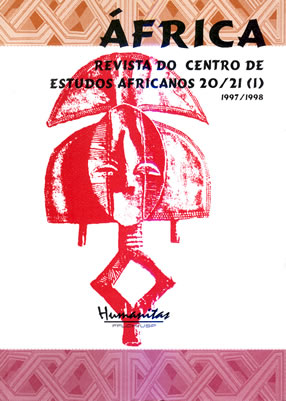Uma gaiola de ouro: A problemática da regeneração na literatura africana de língua portuguesa
DOI:
https://doi.org/10.11606/issn.2526-303X.v0i20-21p27-41Keywords:
Regeneration, Degeneration, Colonialism, Armed struggle, Tradition, Trans- gression, Innovation, Civil war, Corruption, Lusotropicalism, MarginalizationAbstract
Using representative texts of Luis Bernardo Honwana, Mia Couto, Ungulani Ba Ka Khosa, from Mozambique, and Manuel Rui, from Angola, this study examines the concept of regeneration as a double-edged formulation. On the one hand, the colonial situation imposed on the colonized by Portugal is degenerative, provoking in the colonized certain revolt and regenerative response in the form of armed struggle which finally led to independence between 1974 and 1975. For Portugal on the other hand, regeneration stems from the lusotropicalist myth which justifies colonialism as a “humanistic” enterprise. At the same time, the post-independence Lusophone African condition, the civil war, and corruption contradict the utopic expectations of the pre-independence era. The colonial and post-independence conditions could then be “regenerative” or “degenerative” depending on perspectives and contexts.





